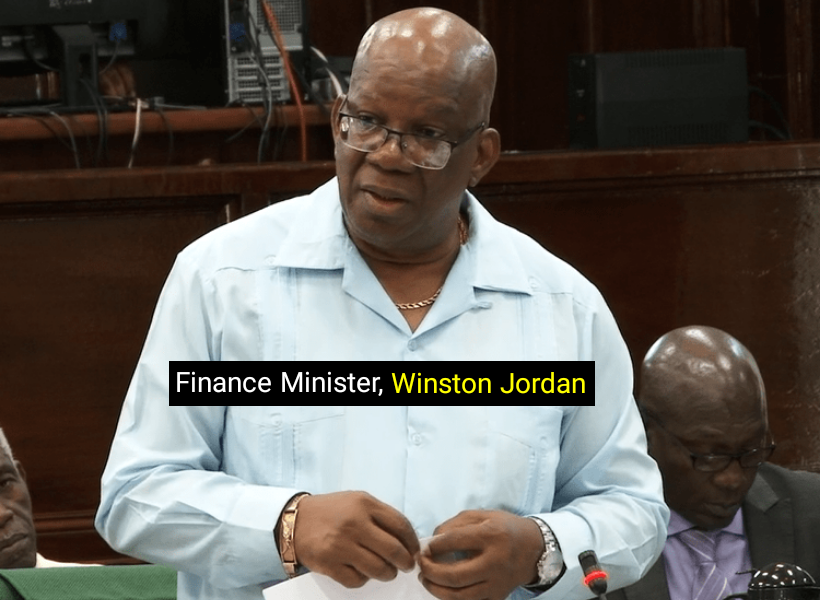Sitting at the Federal Reserve Bank of New York is Guyana’s Natural Resource Fund, an account that collects royalty payments and export earnings for oil. The legislation that paved the way for this account to be established outlines a number of rules which govern how much money will be saved, what percentage would be put towards investments, and how much will be part of the national budget. Finance Minister, Winston Jordan is even on record as stating that the withdrawal rules are robust and have been lauded by the Commonwealth Secretariat.
While a Natural Resource Fund is a necessary component for resource-rich countries to have for rainy days, it would still be the subject of massive abuse and corruption if strong oversight mechanisms are not in place for the expenditure of money withdrawn. It is much like winning the lottery, depositing the money into your bank account, having rules for how much you will take on the weekends to spend, but having no proper monitoring systems in place to prevent mismanagement of those funds.
It is for this reason, the Inter-American Development Bank (IDB) has advised Guyana that it needs to have strong institutions and effective budget oversight in place for the spending of the oil money.
In fact, the IDB has advised that the authorities here, more than two years ago, said that they need to enact reforms to strengthen existing institutions to create a strong fiscal framework to manage the expected oil revenues. The financial institution said, “They need to revamp the fiscal and public procurement institutions and implement reforms to increase transparency and promote good governance…”
Further to this, the bank noted that the way Guyana’s systems are set up, limited monitoring of budget execution occurs, evaluations of impacts are rare, and contingent liabilities are not explicitly accounted. With respect to parliamentary oversight for spending, the IDB pointed out that this is limited to general debates without significant scope for amendment once the budget is presented. This is especially so if the government holds a one-seat majority.
Additionally, the bank said that the credibility of the budgetary process is difficult to assess as the country is not included in the Open Budget Index which measures government budget transparency. Since bringing these issues to the attention of the government, none of them have been properly addressed.
It therefore means that Guyana’s oil money, regardless of the rules governing its withdrawal, will most likely be the victim of insufficient budget transparency and weak budgetary oversight.













